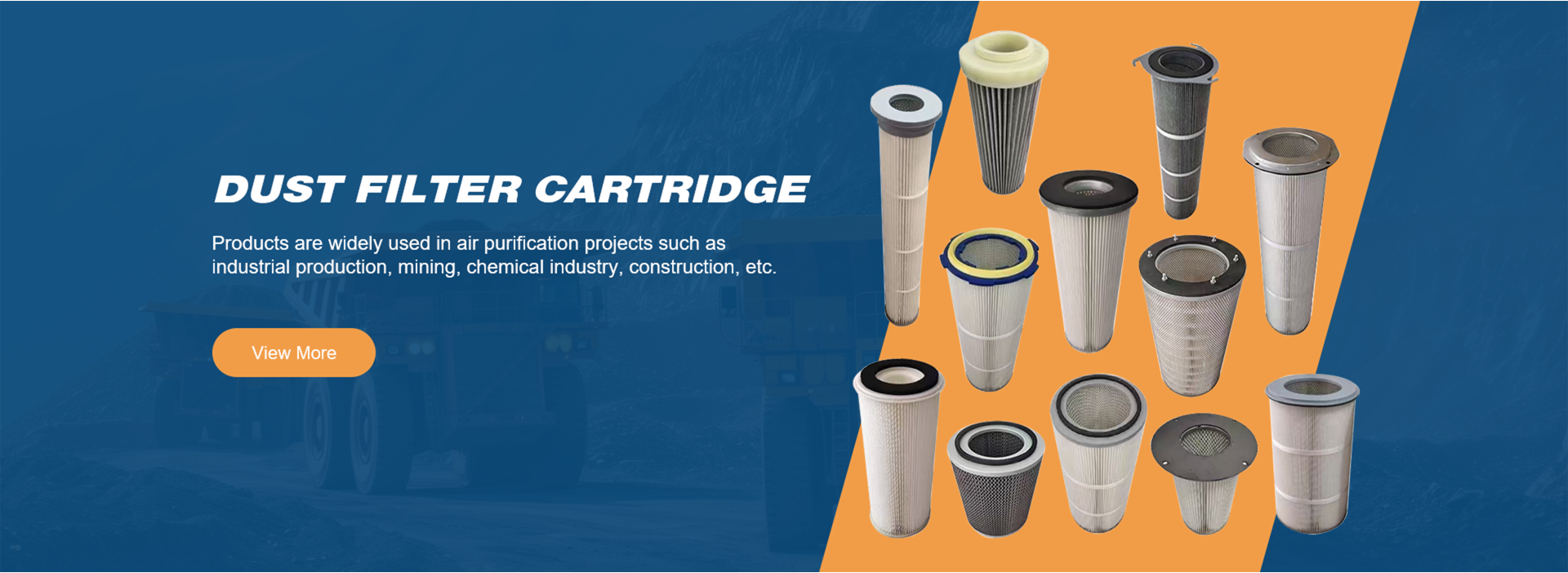 Tel:
+8615930870079
Tel:
+8615930870079
Dez. . 19, 2024 07:58 Back to list
air filter turbine
The Role of Air Filters in Turbine Efficiency
In modern energy production, turbines play a crucial role across various domains, from power generation to aviation. One often overlooked but critical component is the air filter. The efficiency and longevity of turbines depend heavily on the quality of air filtration, as clean air is essential for optimal performance.
Understanding Turbine Functionality
Turbines operate on the fundamental principle of converting kinetic energy from a moving fluid—usually air or water—into mechanical energy. Whether in a gas turbine, steam turbine, or wind turbine, the process involves the passage of large volumes of air. For instance, in a gas turbine, air is drawn into the combustion chamber, mixed with fuel, and ignited. The resultant high-pressure exhaust gases are expelled to spin the turbine blades, generating electricity. However, for this process to be efficient, the air quality must be maintained at high standards.
The Importance of Air Filtration
Air filters serve as the first line of defense against contaminants that can harm turbine performance. Particulates like dust, pollen, and industrial pollutants pose significant risks, leading to abrasion and corrosion of turbine components. Such damage can reduce the life expectancy of turbines, increase maintenance costs, and ultimately affect the energy output.
There are several types of air filters used in turbine applications, each designed to tackle specific contaminants. High-efficiency particulate air (HEPA) filters, for example, can capture up to 99.97% of particles that are 0.3 microns in size. This level of filtration is crucial for power plants and other industrial applications where air quality directly impacts operational efficiency.
In gas turbines, the use of fine filtration systems is especially vital. If unfiltered or poorly filtered air enters the system, it can lead to fouling of the compressor blades. Fouling reduces the airflow, leading to a decrease in efficiency that can result in a 1% to 5% loss of power output, which translates to significant financial losses over time.
air filter turbine

Innovations in Air Filtration Technology
Recent advancements in air filtration technology have made it possible to create more efficient and durable filters. Innovations like nanofiber filtration and electrostatic filters have shown promising results in increasing the efficiency of air filtration while reducing operational costs. These technologies allow for smaller-sized particles to be trapped, thus ensuring cleaner air enters the turbine.
Moreover, real-time monitoring systems are being integrated with air filtration setups. These systems utilize sensors to continually assess the quality of air entering the turbine. By detecting potential contaminants early, operators can take proactive measures to replace filters before they become clogged, maintaining optimal performance and preventing costly downtime.
Environmental Impact
The environmental implications of effective air filtration cannot be overstated. By ensuring that turbines operate at maximum efficiency, we can significantly reduce greenhouse gas emissions per unit of energy produced. Clean energy sources, enhanced by efficient turbines, contribute to a reduction in carbon footprints, supporting global efforts to combat climate change.
Conclusion
In conclusion, while the turbine itself is often regarded as the centerpiece of energy generation and propulsion, it is critical to recognize the vital role that air filters play in sustaining optimal turbine functionality. As technology continues to advance, not only will we see improvements in air filtration systems, but we will also enhance our capacity to produce energy more sustainably and efficiently. Investing in high-quality air filtration is thus not just an operational necessity—it is an environmental imperative that supports the transition to cleaner energy solutions in our fight against climate change.
-
Nano Fiber Technology: Revolutionizing Cartridge Dust Collector FiltersNewsAug.06,2025
-
How Activated Carbon Air Cartridges Eliminate OdorsNewsAug.06,2025
-
Dust Filter Cartridge Handling Fine Particulate MatterNewsAug.06,2025
-
Cartridge Dust Collector Filter for Welding Fume ExtractionNewsAug.06,2025
-
Activated Carbon Filter Cartridge Effectiveness Against VOCsNewsAug.06,2025
-
Activated Carbon Air Filter Cartridge Benefits ExplainedNewsAug.06,2025

 Email:
Email:





